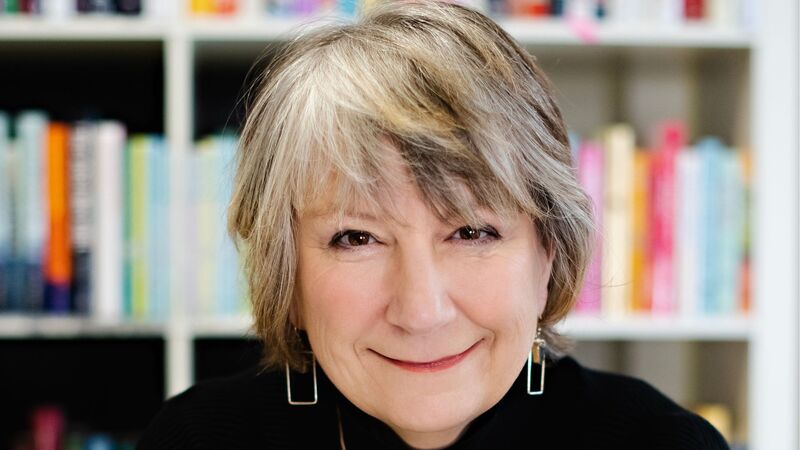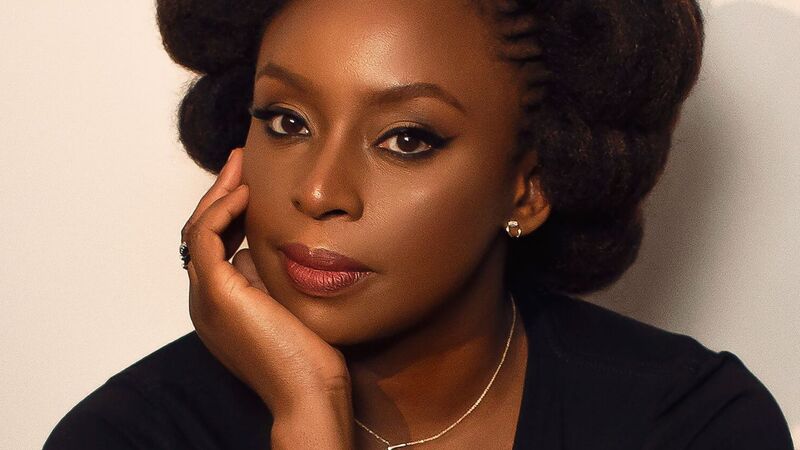You are viewing your 1 free article this month. Login to read more articles.
Julian Barnes: opening up Man Booker to US authors is 'daft'
Julian Barnes has reignited the debate over the Man Booker Prize rule changes, calling the decision to allow American authors to compete "straightforwardly daft".
His comments, made in conversation with the Radio Times, follow hot on the heels of the first American author to win last month - Paul Beatty for The Sellout (Oneworld) - the third year that the prize has been open to English-language writers of any nationality. Before 2014 only writers from Britain, Ireland and the Commonwealth could be entered for the prize.
Barnes, 70, who won the Man Booker Prize in 2011 for his book The Sense of an Ending (Vintage), told the Radio Times: “I don’t agree with opening up the Booker for the Americans. I think that’s straightforwardly daft. The Americans have got enough prizes of their own.
“The idea of [the Man Booker] being Britain, Ireland, the old Commonwealth countries and new voices in English from around the world gave it a particular character and meant it could bring on writers. If you also include Americans – and get a couple of heavy hitters – then the unknown Canadian novelist hasn’t got a chance."
He added: "Which American prizes are open to Brits? In theory I think only the National Book Award is. I don't think any Brit has won a major American award for years."
Barnes is not alone in his concerns the prize's expansion could mean it will be dominated by US authors at the expense of Commonwealth authors. Sunday Times literary editor Andrew Holgate said in August it had been "disastrous" for the health of the prize in an opinion piece criticising 2016's longlist "top-heavy with US writers".
"What's gone wrong with the Man Booker?", Holgate wrote. "Though last year's list, the second for which Americans were eligible, still felt eclectic, this year's list feels too top-heavy with US writers - and not ones necessarily to inspire any sort of excitement. There is barely a Commonwealth presence on the list, and whole areas of fiction writing from abroad that were so much a part of the literary debate and profile in this country have been shouldered aside. The identity of British and Commonwealth writing seems to have been shouldered aside along with it. And this pattern, I suspect will continue into the future."
The Man Booker shortlist this year was split between two British, two US and two Canadian writers.
The Man Booker prize has been contacted for a response.
















